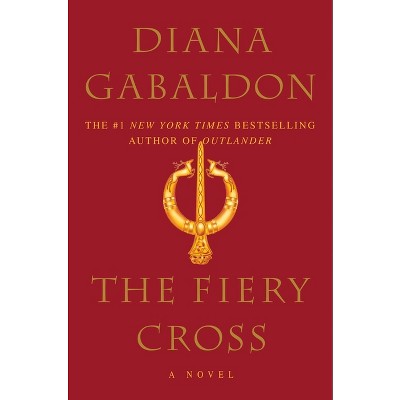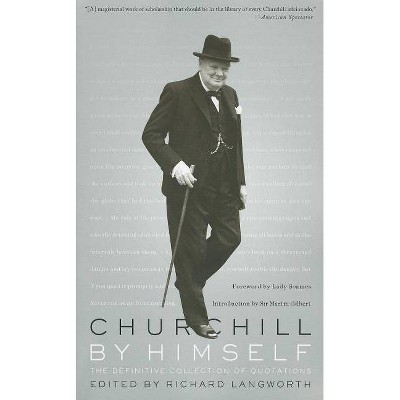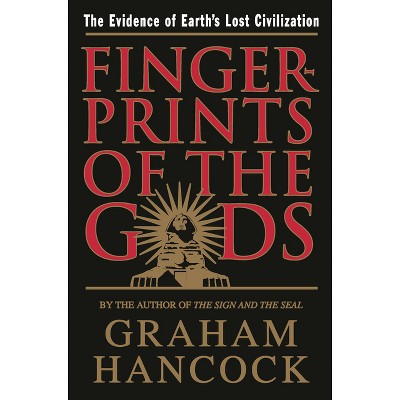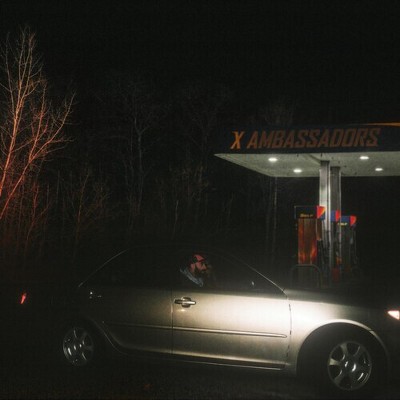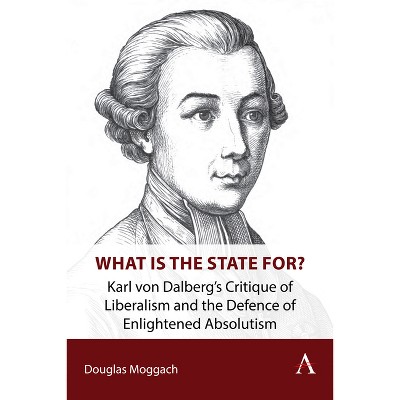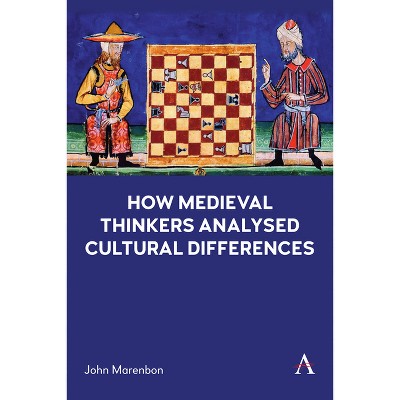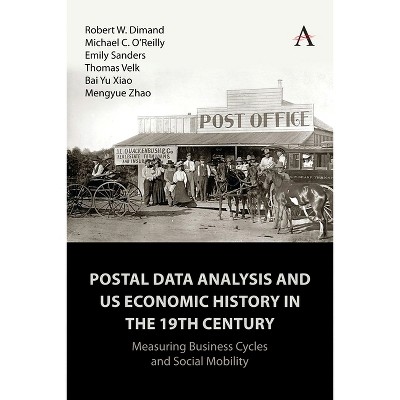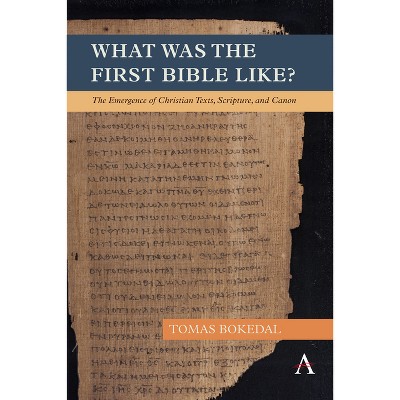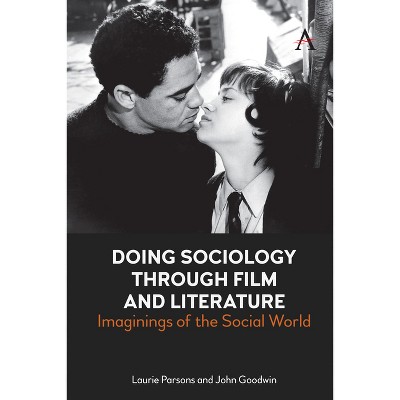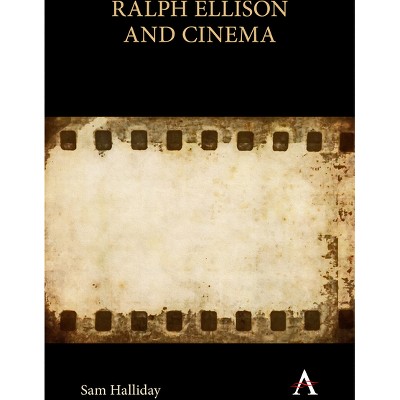Sponsored

The Red Cross's Public Health Turn - (Anthem Impact) by Romain Fathi (Paperback)
In Stock
Sponsored
About this item
Highlights
- This book is about the Cannes Medical Conference of April 1919 and its long-lasting impacts in the humanitarian space.
- About the Author: Dr. Romain Fathi is Senior Lecturer at the School of History at The Australian National University and an Affiliated Researcher to the Centre for History of Sciences Po (CHSP).
- 96 Pages
- History, Europe
- Series Name: Anthem Impact
Description
About the Book
This book explores the Cannes Medical Conference of April 1919 and its long-lasting impacts in the humanitarian space. In the aftermath of the First World War, as the world order was being redesigned, this conference served to shift the Red Cross movement towards peacetime and public health work.
Book Synopsis
This book is about the Cannes Medical Conference of April 1919 and its long-lasting impacts in the humanitarian space. In the aftermath of the First World War, as the world order was being redesigned, this conference served to shift the Red Cross movement towards peacetime and public health work. The book examines the origins, course and consequences of the Cannes Medical Conference, and its wider legacy within the Red Cross movement: a legacy which is very significant yet almost completely undocumented.
The book demonstrates that this medical conference was a watershed moment that served to pivot the Red Cross movement across the world, from war and conflict-related activities to peacetime programs such as relief, disease and disaster management. The Red Cross movement is one of the largest humanitarian organisations in the world, and initially, its aim was to alleviate the suffering of people on the battlefield. In 1919, however, a new Red Cross organisation was created in Paris: the League of Red Cross Societies (LRCS) to considerably expand Red Cross work around the world.
The Cannes Medical Conference was the catalyst for the creation of the LRCS. Understanding this conference is therefore paramount to understanding why and how the LRCS was created, how it was imagined, and what its functions were. The LRCS still exists today, known as the International Federation of the Red Cross: it is the largest humanitarian organisation in the world, with 191 national Red Cross societies as its members, and it is based in Geneva. Much has been written on the International Committee of the Red Cross (ICRC), but there has been very little research on the International Federation of the Red Cross, or its ancestor, the LRCS. Aside from a few pages in less than a handful of publications, the way in which the Cannes Medical Conference established the LRCS's mission remains unknown. This book therefore proposes something that is innovative and that advances the historiography of the Red Cross movement, of humanitarianism and of public health.
Review Quotes
"In the wake of war and humanitarian catastrophe, the 1919 Cannes Medical Conference marked an important, though often misunderstood moment in the shift to address public health within civil society at a global level. Romain Fathi's meticulously researched book is essential for anyone interested in the conceptual and practical legacies of the Great War." -- Bruno Cabanes, Donald and Mary Dunn Chair, The Ohio State University, USA.
"Fathi paints an illuminating portrait of the Cannes Medical Conference, tracing the origins and outcomes of this landmark event, the personalities involved, and the complex politics associated with it. In so doing, his book recovers a foundational moment in the histories of modern humanitarianism and global health." -- Julia F. Irwin, T. Harry Williams Professor of History, Louisiana State University, USA.
"This eloquent and meticulously researched book uncovers how, from the ashes of the First World War, the 1919 Cannes Medical Conference catalyzed a shift from wartime relief to peacetime public health -- paving the way for a new era in the Red Cross Red Crescent movement and international humanitarianism." -- Prof. Dr. Nel de Mûelenaere, Associate Professor in Contemporary History, Vrije Universiteit Brussel, Ixelles, Belgium.
"Multiple audiences can benefit from this work. Humanitarian scholars can use Fathi's framework to consider whether LRCS national, transnational, intentional and extemporised acts honoured Cannes's aims. Researchers of Italy's, Japan's and the UK's prophylactic health practices can use it to see whether those polities divergently viewed Cannes and the LRCS."-- First World War Studies
About the Author
Dr. Romain Fathi is Senior Lecturer at the School of History at The Australian National University and an Affiliated Researcher to the Centre for History of Sciences Po (CHSP).
Shipping details
Return details
Frequently bought together

Trending Non-Fiction





